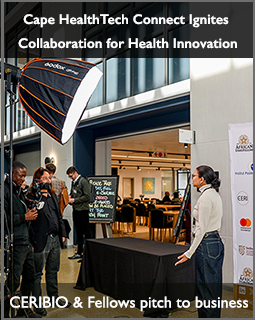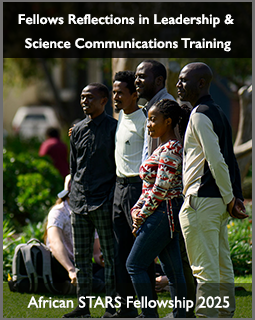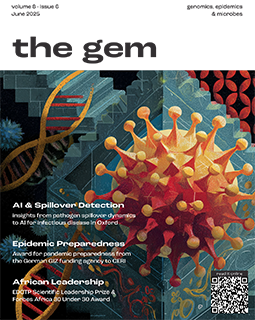New Director named for leading HIV research centre in South Africa
Deenan Pillay, Professor of Virology at UCL (University College London), is today named as the new Director of the Africa Centre for Health and Population Studies, one of the Wellcome Trust's major overseas programmes.
The Africa Centre is part of the University of KwaZulu-Natal (UKZN) and is based within a rural population with one of the highest burdens of HIV in the world. There, it carries out research into the impact of the virus on the local community and, in partnership with the local Department of Health, runs one of the region's largest rural, primary-care-level antiretroviral therapy programmes. It also has a strong capacity-building programme, providing opportunities for staff to study towards university degrees, including Master's degrees and doctorates, and for community members to gain other skills-based training.
Deenan Pillay is Professor of Virology, and Co-Director of the Division of Infection and Immunity, at University College London. He is a clinical virologist, having trained in London, Newcastle and San Diego, and has a long standing research and clinical interest in HIV virology, particularly related to the study of global HIV drug resistance andtransmission. He helped establish the Bloomsbury Research Institute, a partnership betweeninfectious disease research groups from UCL and the London School of Hygiene and Tropical Medicine.
Dr Ted Bianco, Acting Director of the Wellcome Trust, says: 'We are delighted that Deenan Pillay has agreed to take up the role of Director of the Africa Centre. Deenan is a highly respected clinical investigator in the research and public health communities.He has shown great leadership in creating partnerships amongst researchers and institutions, as illustrated by the Bloomsbury Research Institute.Such experience will prove extremely valuable in building the collaborative relationships that will maximise the value of the Africa Centre.'
Professor Pillay says: 'This is a very exciting new challenge. The potential to answer some of the key remaining questions relating to spread of infections such as HIV and TB is immense. To do so in the dynamic setting of South Africa, with its rapidly emerging biomedical research strength, is a tremendous privilege.'
Professor Nelson Ijumba, UKZN's Deputy Vice-Chancellor: Research, says: 'UKZN would like to congratulate Professor Pillay on his appointment and hope that, through his leadership, the Africa Centre will continue to be at the forefront of knowledge production and community empowerment in HIV/AIDS.'
The Africa Centre was established by the Wellcome Trust in partnership with the South African Medical Research Council in 1998 and employs around 350 people, including around 25 scientists. The cornerstone of its research programme is a biannual household demographic survey that since 2000, has collected data on births, deaths, marriage and migration events, as well as household economics. The survey covers a population of around 90,000 people in 11,000 households.
An additional annual HIV surveillance study, established in 2003, covers adults 15 years and older, collecting data on HIV status, sexual behaviour and relationships, and other health issues. The Centre also has a virology laboratory at the Medical School in Durban, with research relating to the dynamics of HIV in breast milk and population viral phylogenetics.
The Centre has been behind several high profile research papers recently, including two papers in the journal Science this year demonstrating for the first time the positive impact of antiretroviral therapy on the rate of new HIV infections in a community setting (1) and that such therapies are a highly cost-effective investment for the people of South Africa (2).
Professor Pillay will take up his post at the Africa Centre on a secondment from UCL on 1 November 2013. His appointment follows the decision by Professor Marie-Louise Newell to return to the UK to take up a position at the University of Southampton. Professor Newell has been Director of the Africa Centre since 2005.
News date: 2013-09-02
Links:
http://www.wellcome.ac.uk/News/Media-office/Press-releases/2013/WTP053805.htm










